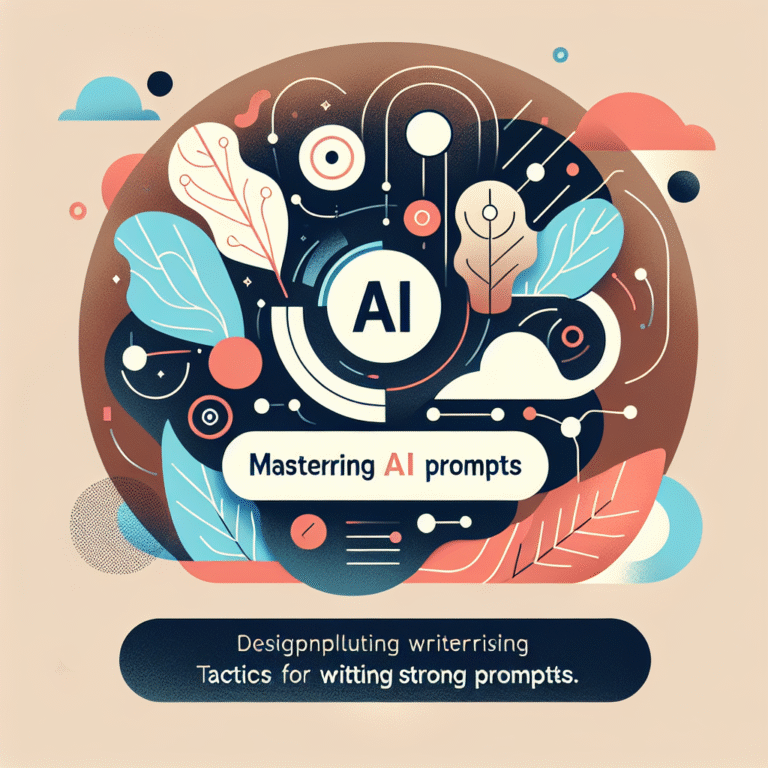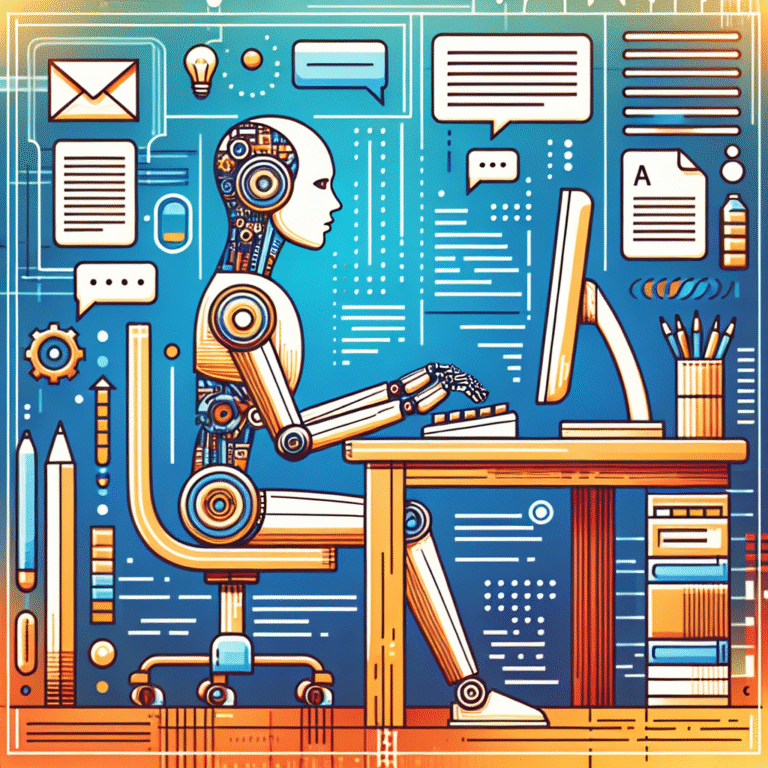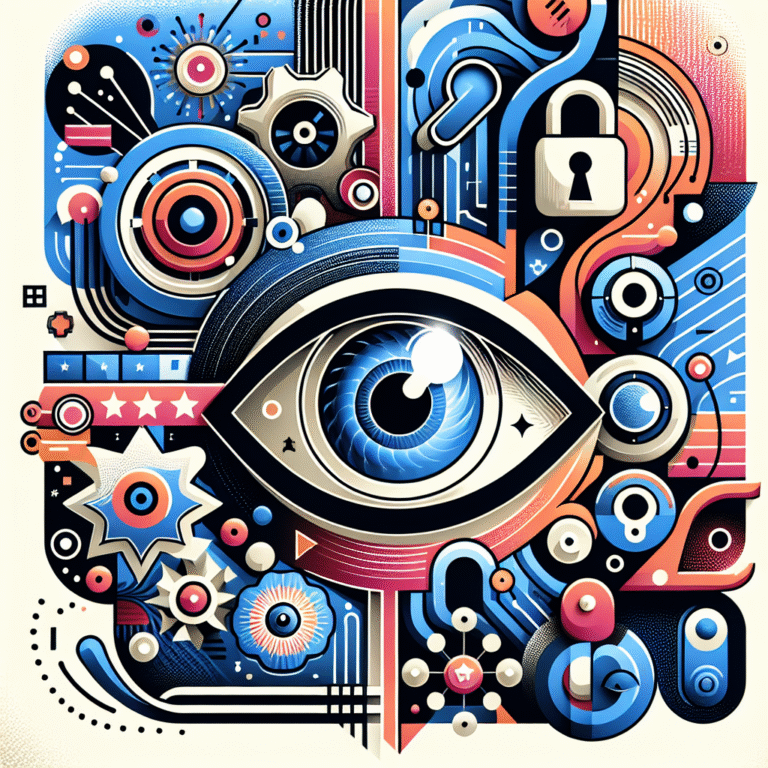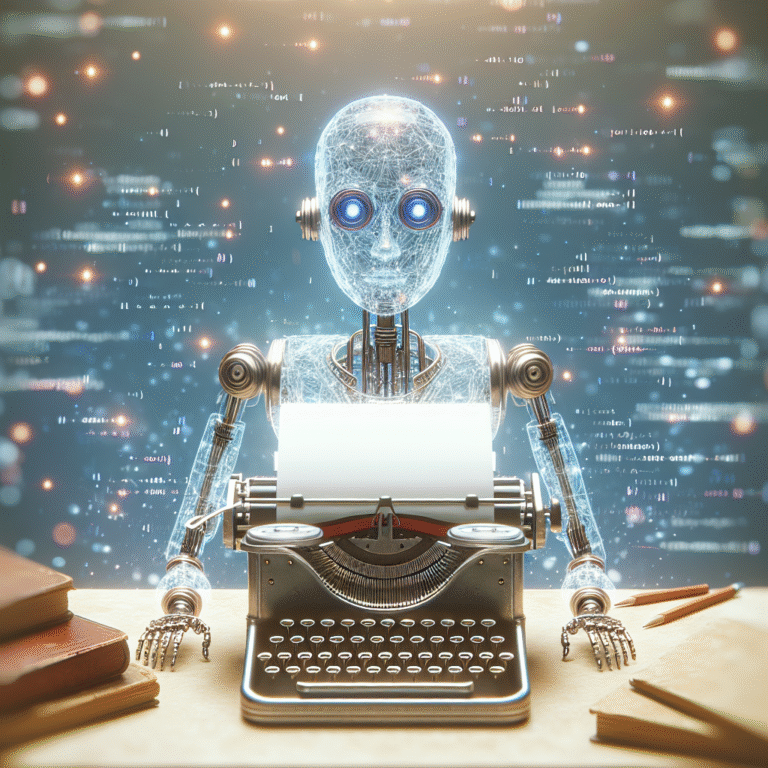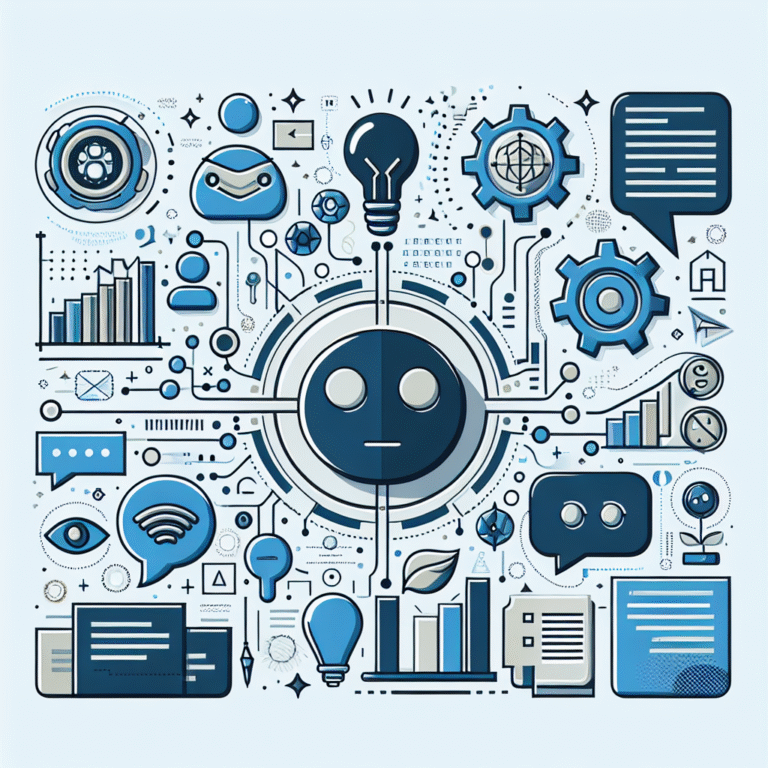AI Book Generator: Revolutionizing the Publishing Industry
p>
The AI book generator is a revolutionary tool that is transforming the publishing industry in unprecedented ways. With the ability to generate high-quality content, including books, articles, and other written materials, this technology is poised to disrupt traditional publishing models and create new opportunities for authors, publishers, and readers alike. The AI book generator uses advanced algorithms and natural language processing techniques to analyze vast amounts of data, identify patterns, and create original content that is often indistinguishable from that written by humans. This technology has the potential to increase efficiency, reduce costs, and improve the overall quality of published materials, making it an exciting development for the industry. As the use of AI book generators becomes more widespread, we can expect to see significant changes in the way books are written, published, and consumed, with potential applications in fields such as education, marketing, and entertainment. Furthermore, the AI book generator raises important questions about authorship, creativity, and the role of human writers in the publishing process, highlighting the need for ongoing discussion and debate about the ethics and implications of this technology.
Introduction to AI Book Generators<
An AI book generator is a type of artificial intelligence technology that is capable of generating written content, including books, articles, and other materials. This technology uses advanced algorithms and natural language processing techniques to analyze vast amounts of data, identify patterns, and create original content that is often indistinguishable from that written by humans. The AI book generator can be trained on a wide range of datasets, including books, articles, and other written materials, allowing it to learn the structures, styles, and conventions of different genres and formats. This technology has the potential to increase efficiency, reduce costs, and improve the overall quality of published materials, making it an exciting development for the publishing industry. Additionally, the AI book generator can be used to generate content in multiple languages, making it a valuable tool for publishers looking to expand their reach and audience.
How AI Book Generators Work<
The AI book generator uses a range of techniques, including machine learning, deep learning, and natural language processing, to generate written content. The process typically begins with the selection of a dataset, which can include books, articles, and other written materials. The AI algorithm then analyzes the dataset, identifying patterns, structures, and styles, and uses this information to generate original content. The generated content can be edited and refined using a range of tools and techniques, including human review and feedback, to ensure that it meets the required standards of quality and accuracy. The AI book generator can also be trained on specific genres, formats, and styles, allowing it to generate content that is tailored to the needs of particular authors, publishers, or audiences. For example, an AI book generator can be trained on a dataset of romance novels to generate new romance novels that are similar in style and structure.
Applications of AI Book Generators<
The AI book generator has a wide range of potential applications, including education, marketing, and entertainment. In education, the AI book generator can be used to generate customized textbooks, workbooks, and other educational materials that are tailored to the needs of individual students or classrooms. In marketing, the AI book generator can be used to generate high-quality content, including blog posts, articles, and social media posts, that are designed to engage and persuade target audiences. In entertainment, the AI book generator can be used to generate new stories, characters, and plotlines, allowing authors and creators to explore new ideas and formats. Additionally, the AI book generator can be used to generate content for virtual reality and augmented reality experiences, creating new opportunities for immersive and interactive storytelling.
Case Studies and Examples<
There are several case studies and examples of AI book generators being used in real-world applications. For example, a publisher used an AI book generator to generate a series of romance novels that were designed to appeal to a specific target audience. The generated novels were edited and refined using human review and feedback, and were then published and marketed to the target audience. The results were impressive, with the generated novels receiving positive reviews and achieving significant commercial success. Another example is a company that used an AI book generator to generate high-quality content for their website and social media channels. The generated content was designed to engage and persuade the target audience, and was optimized for search engines to improve the company’s online visibility and credibility.
Benefits and Advantages of AI Book Generators<
The AI book generator has several benefits and advantages, including increased efficiency, reduced costs, and improved quality. The AI book generator can generate high-quality content quickly and efficiently, reducing the time and effort required to produce written materials. This can be particularly beneficial for publishers and authors who need to produce large quantities of content on a tight deadline. The AI book generator can also reduce costs, as it eliminates the need for human writers and editors in many cases. Additionally, the AI book generator can improve the overall quality of published materials, as it can analyze vast amounts of data and identify patterns and structures that may not be apparent to human writers and editors.
Challenges and Limitations of AI Book Generators<
Despite the benefits and advantages of AI book generators, there are also several challenges and limitations to consider. One of the main challenges is the potential for AI-generated content to lack the creativity, nuance, and emotional depth of human-written content. Additionally, the AI book generator may struggle to replicate the complexity and sophistication of human language, particularly in genres such as poetry and literary fiction. Furthermore, the AI book generator raises important questions about authorship, creativity, and the role of human writers in the publishing process, highlighting the need for ongoing discussion and debate about the ethics and implications of this technology.
Conclusion and Future Directions<
In conclusion, the AI book generator is a revolutionary tool that is transforming the publishing industry in unprecedented ways. With its ability to generate high-quality content, including books, articles, and other written materials, this technology has the potential to increase efficiency, reduce costs, and improve the overall quality of published materials. However, there are also several challenges and limitations to consider, including the potential for AI-generated content to lack creativity, nuance, and emotional depth. As the use of AI book generators becomes more widespread, we can expect to see significant changes in the way books are written, published, and consumed, with potential applications in fields such as education, marketing, and entertainment. Ultimately, the future of AI book generators will depend on the ability of developers and users to address these challenges and limitations, and to harness the full potential of this technology to create new and innovative forms of written content.
Final Thoughts and Recommendations<
As we look to the future of AI book generators, it is clear that this technology has the potential to revolutionize the publishing industry and create new opportunities for authors, publishers, and readers alike. However, it is also important to recognize the challenges and limitations of this technology, and to address these through ongoing discussion and debate. To get the most out of AI book generators, developers and users should focus on creating high-quality datasets, refining the AI algorithm, and editing and refining the generated content using human review and feedback. Additionally, there is a need for ongoing research and development to improve the creativity, nuance, and emotional depth of AI-generated content, and to address the ethical and implications of this technology. By working together to address these challenges and limitations, we can unlock the full potential of AI book generators and create a brighter future for the publishing industry.
